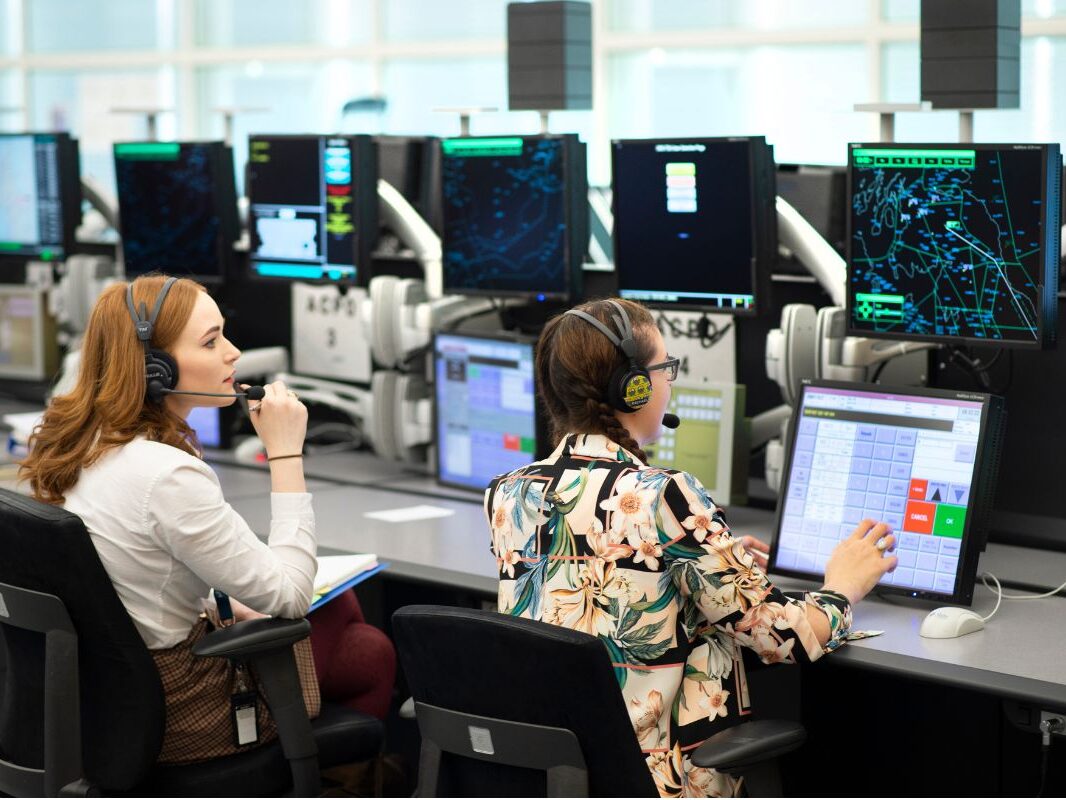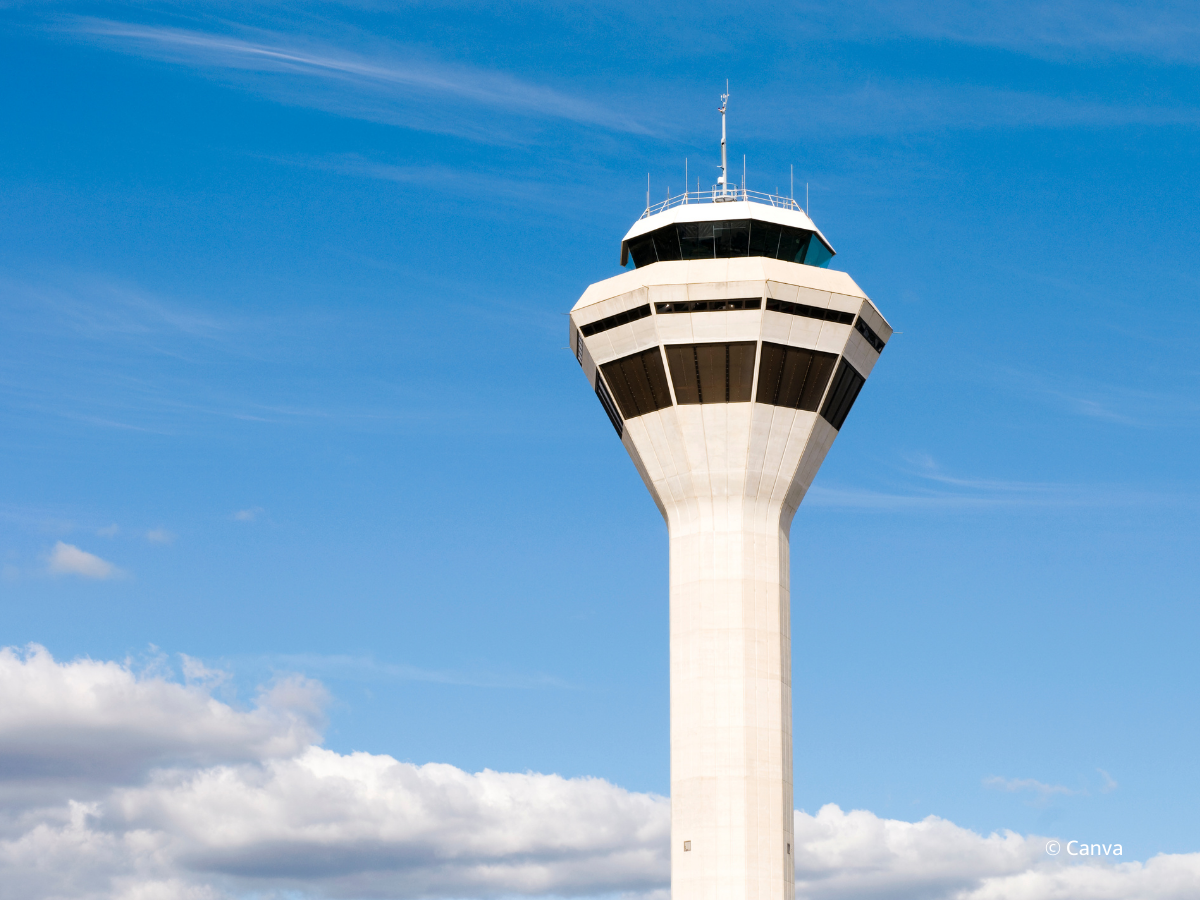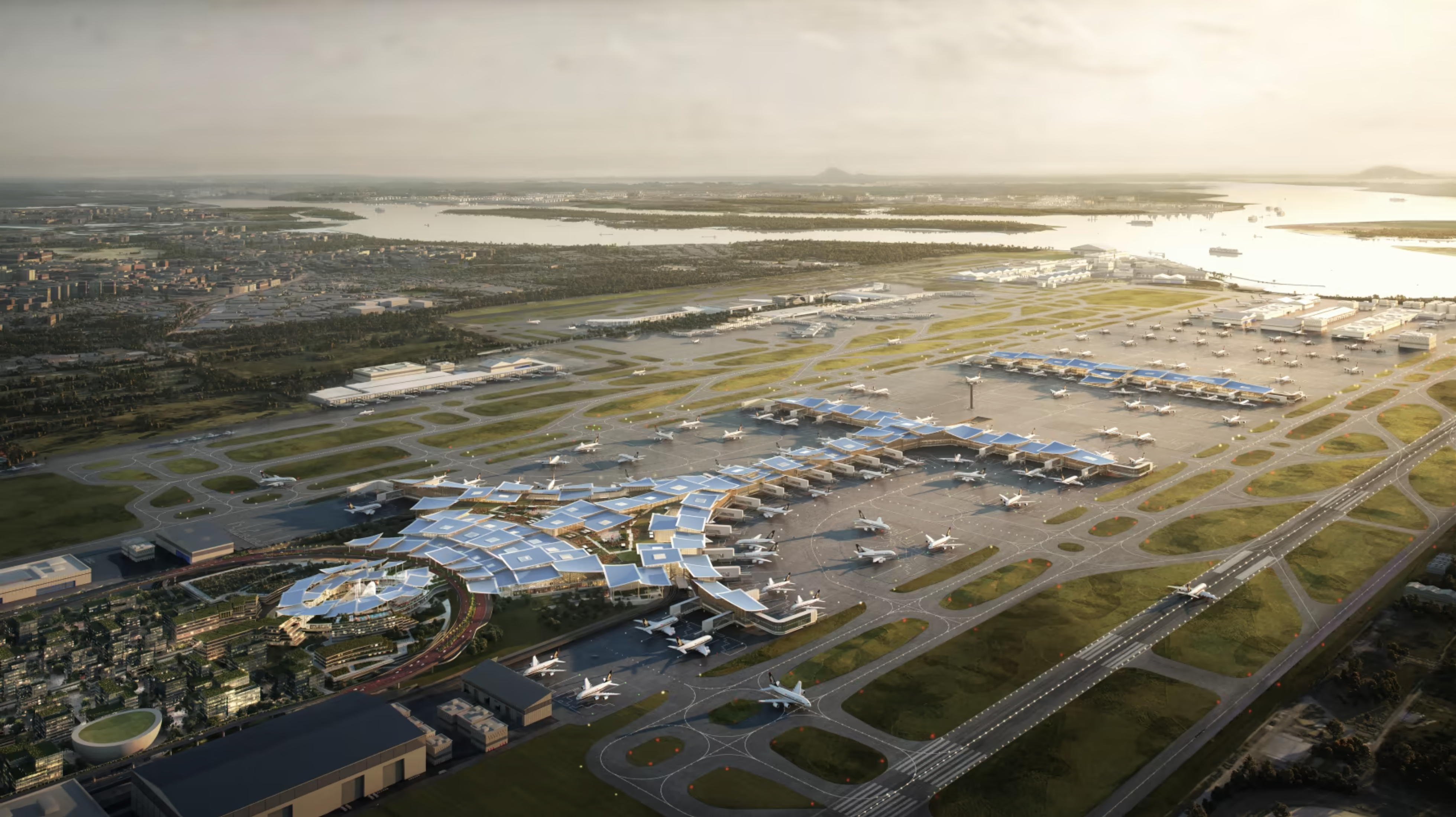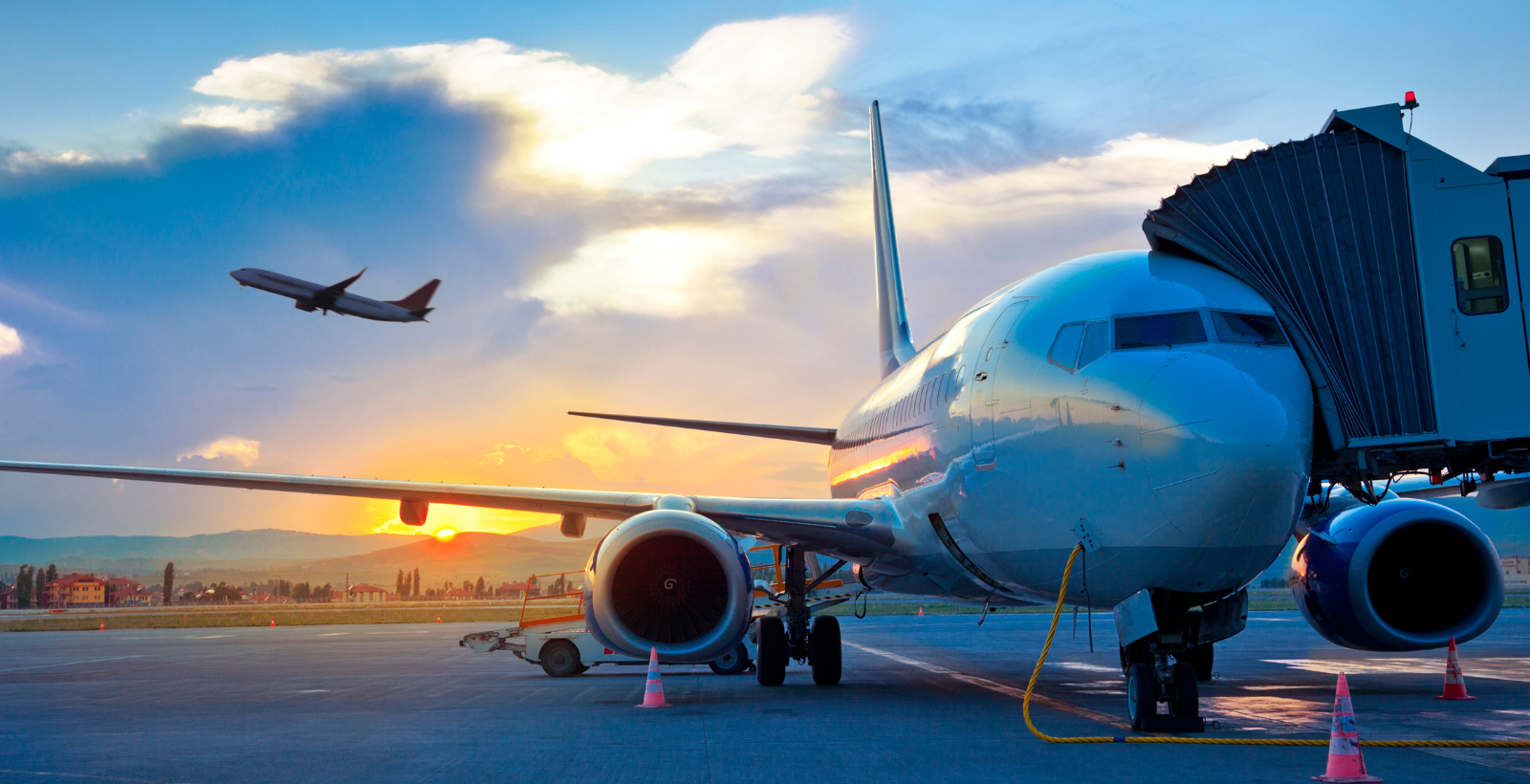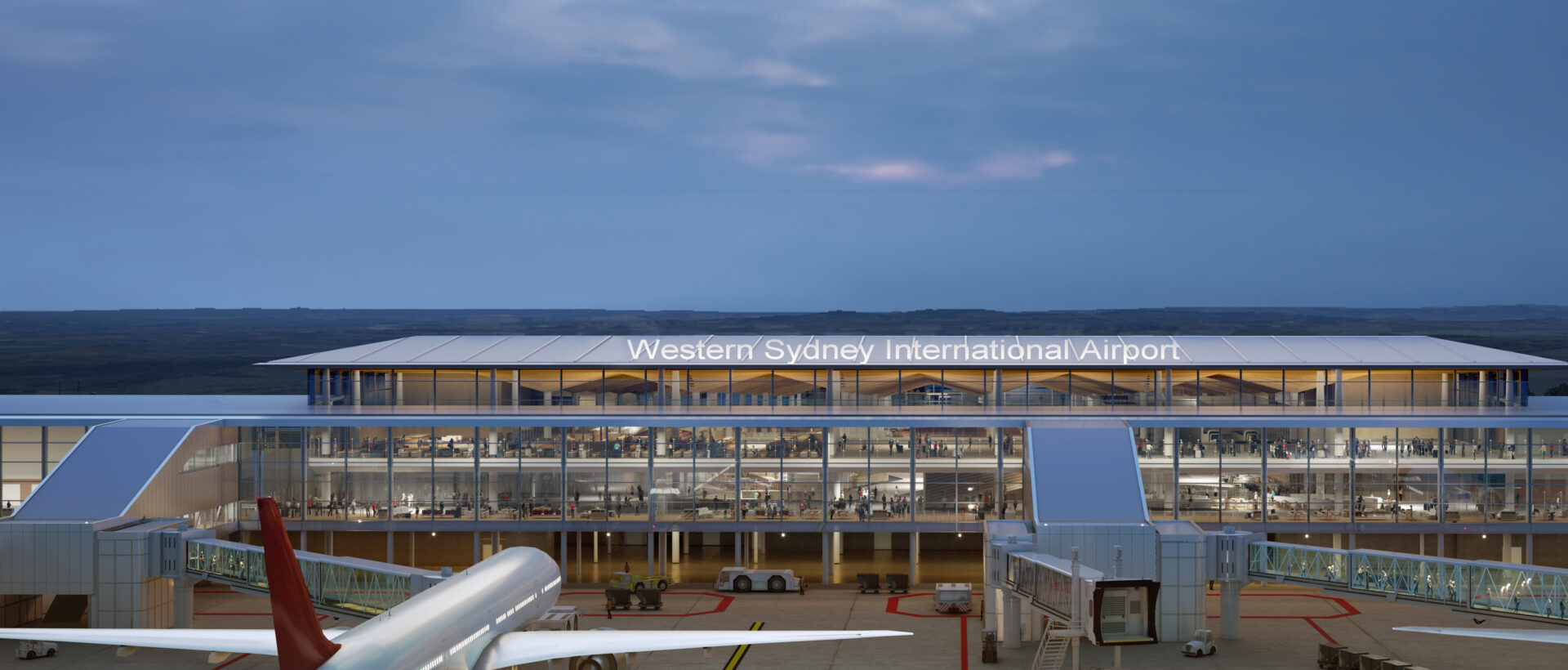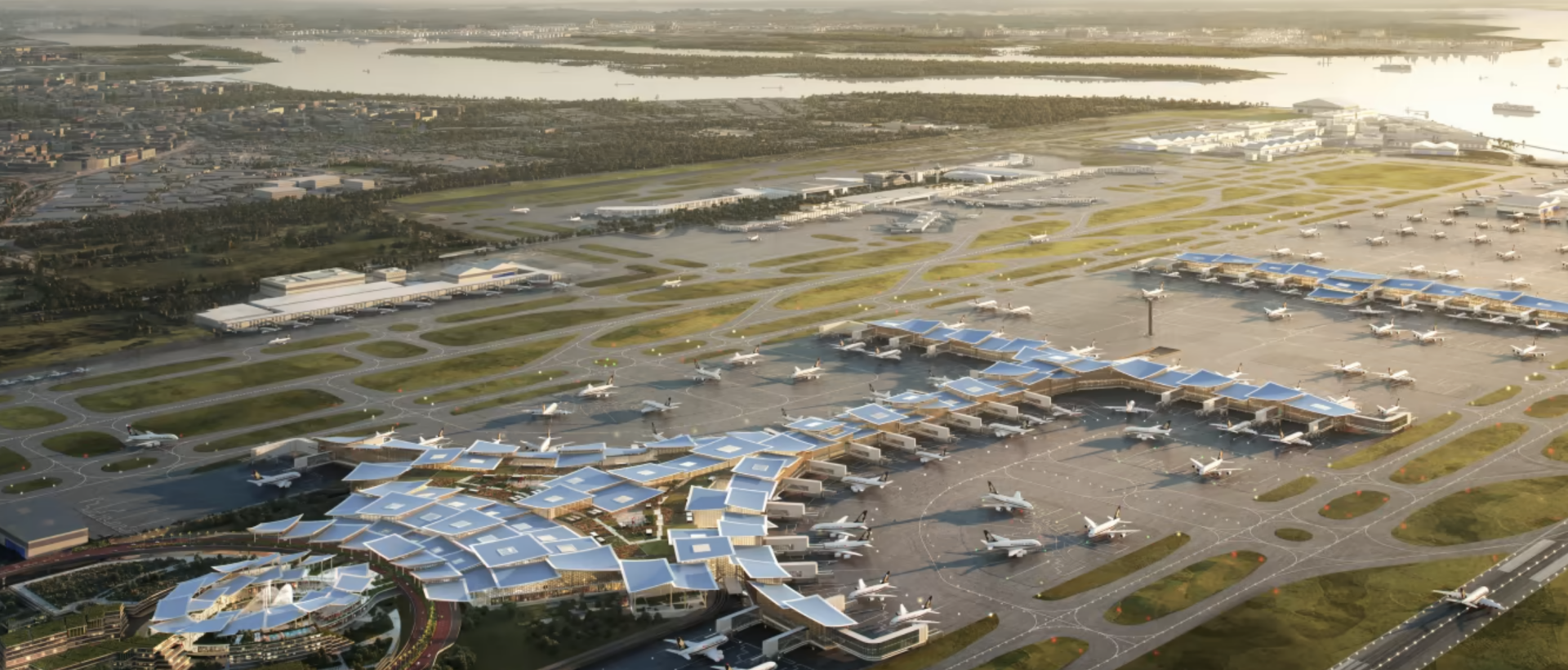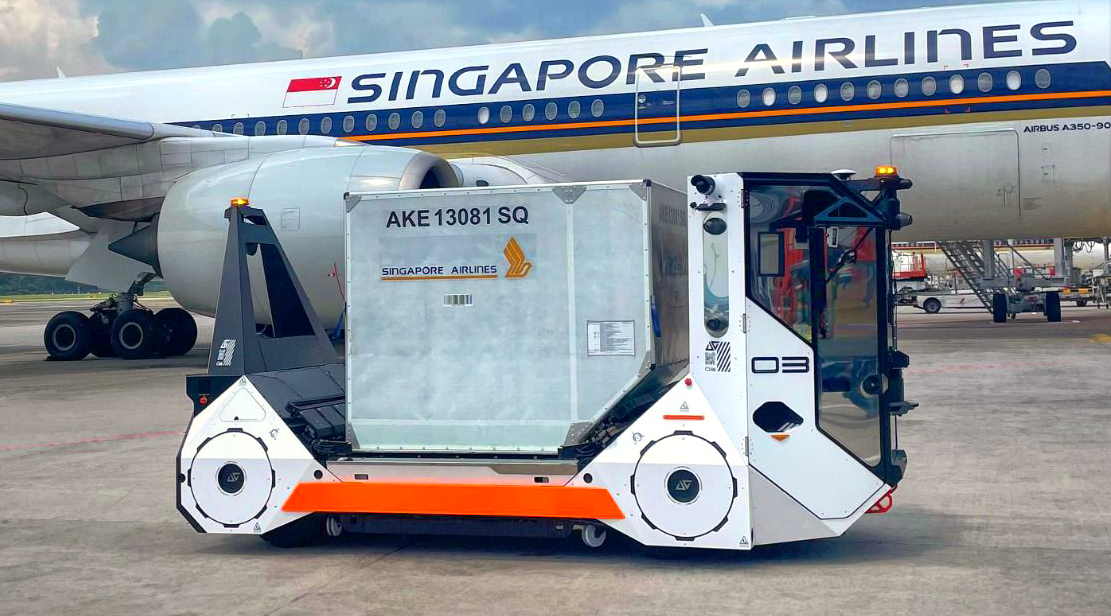The Civil Aviation Authority of Singapore (CAAS) and Workforce Singapore (WSG) have released a new report outlining plans to grow the aviation sector and support Singaporeans in taking on future roles.
A 200 million SGD OneAviation Manpower Fund has also been launched to back workforce development.
Singapore’s aviation sector currently employs over 60,000 people and is expected to grow in line with rising air travel demand. The opening of Changi Airport Terminal 5 in the mid-2030s is expected to further expand the industry.
Mr Han Kok Juan, Director-General of CAAS, said:The International Air Transport Association (IATA) projects global air passenger demand to double over the next twenty years. As a premier air hub, Singapore is well-placed to capture this growth. To meet demand, we are investing in Changi Airport Terminal 5 and will operate the new terminal for decades to come, after it completes in the mid-2030s.
As we grow, the Singapore aviation sector will provide new and exciting career opportunities for Singaporeans, now, and in the future. The Aviation Jobs Transformation Report, the various collaboration agreements we signed and the new $200 million OneAviation Manpower Fund CAAS set up will give a big boost to Singapore’s aviation manpower development efforts. It is a testament to our shared tripartite commitment to build a skilled workforce to secure our long-term competitiveness and resilience and to ensure that growth translates to enabling opportunities for Singaporeans.
The sector covers a wide range of roles from pilots, engineers and air traffic controllers to ground handling, security, and airport retail and hospitality. The new report identifies 31 key operational roles needed to keep the air hub running smoothly.
It also highlights six major trends that will shape aviation jobs in the next five years:
- Digitalisation
- Data and Artificial Intelligence
- Automation and Robotics
- Changing Consumer Preferences
- Changing Workforce Preferences
- Sustainability
These trends are expected to affect up to 30% of existing roles, leading to job redesign and new positions. For example, automation is already changing how ground handling services are carried out.
Ms Dilys Boey, Chief Executive of WSG, said:The aviation sector stands at the forefront of technological advancement and economic transformation. The Aviation Jobs Transformation Report reveals exciting opportunities across the sector, both present and future. To thrive in this dynamic landscape, employers must proactively invest in their workforce's career health through job redesign, career planning and skills development as individuals take charge of their career journeys. Together with our OneAviation tripartite partners, WSG is committed to supporting both employers and individuals in navigating this transformation. By embracing change and developing our talent, we will strengthen Singapore's position as a leading aviation hub.
To help Singaporeans adapt and take on these jobs, several initiatives have been announced:
- Stronger education-industry links: CAAS signed an agreement with nine Institutes of Higher Learning (IHLs) to align training with industry needs and provide internships and structured learning.
- Investment in technology and R&D: A multi-year technology roadmap will guide the use of AI and automation. CAAS also signed an agreement with AI Singapore, Changi Airport Group, SATS and Singapore Airlines to develop AI talent and solutions.
- New manpower fund: The 200 million SGD OneAviation Manpower Fund will support training and job transformation. It complements existing programmes like WSG’s Career Conversion Programmes and NTUC’s Company Training Committees.
WSG will also release a job redesign guide later this year to help employers and workers understand evolving job roles.
Together, these efforts aim to ensure that the aviation sector’s growth benefits Singapore workers and supports the nation’s position as a key global air hub.





